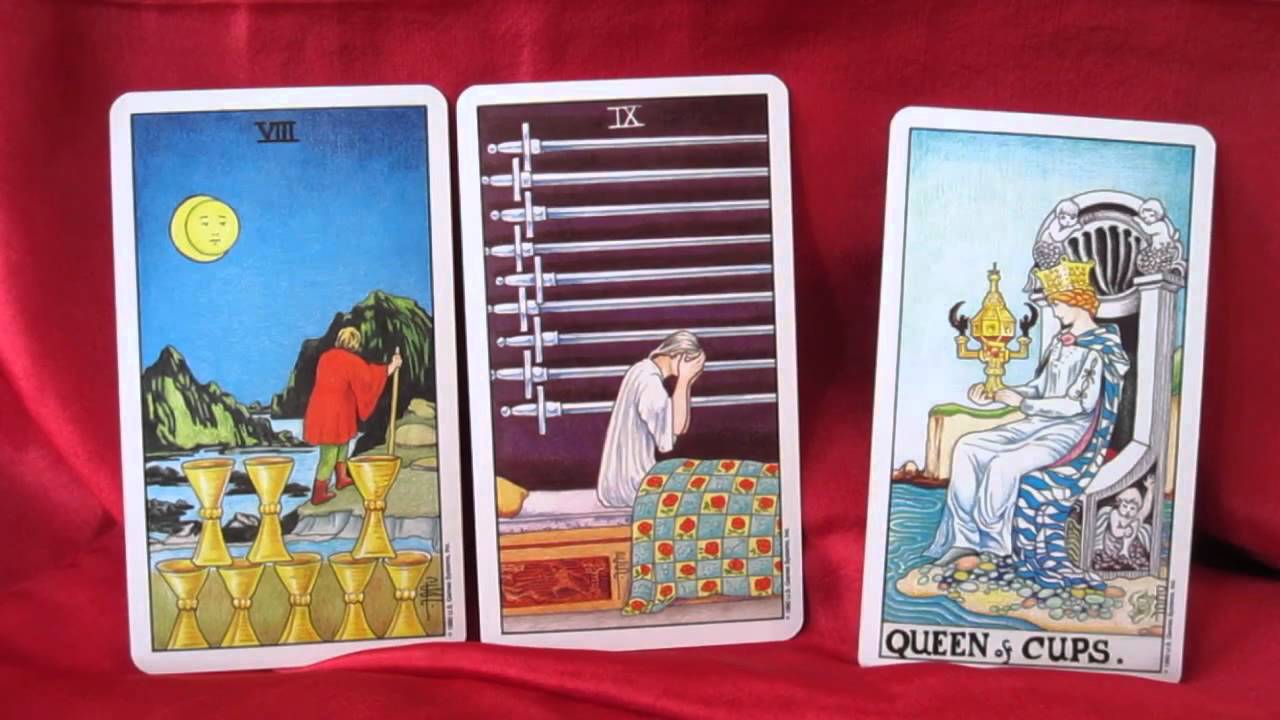
Oracle cards are the cards that reveal messages from the Tarot. Tarot cards have a long history and are based on traditional card reading techniques. However, an oracle adds an extra layer to the readings by adding meaning and intuition. Let's discuss the meanings of each deck of oracle card cards and how to use them with the tarot.
Decks with oracle cards
Oracle cards are an excellent way to gain insight and guidance into your life. They can help make good decisions and guide you into new metaphysical realms. These cards will inspire you to discover the supernatural and be more creative. However, these tools require faith, patience, and a creative mind.

Oracle cards are created specifically for divination purposes, and they differ from tarot. They don't have the same configuration and number of cards as tarot, but their effect is similar. You can learn how to use your oracle card effectively by following the instructions that come with the decks.
They contain messages
Oracle cards come with a wide variety of messages. Some cards contain simple images, while others include poetic words of wisdom. They can help people reach out to their higher selves or spiritual guides. They can be used for guidance on major life events and as a reminder to make the right choices. Oracle cards contain messages that can be used to increase your intuition and improve your relationship with Spirit World.
When choosing the oracle deck you will purchase, think about what you want out of the reading. You can browse through images and read descriptions while paying attention to your emotions. Oracle cards have messages that can help you to find balance and overcome fears such as anxiety.
Use them with the tarot
Oracle cards are meant to help you connect to higher self and spiritual guides. They are not a perfect representation of reality, but they can offer guidance. It is crucial to suspend disbelief while using these cards and to be open-minded to the imagery. However, if you're worried about reading a specific card, try a simple reading first.

Oracle cards can also be used with Tarot. Select a deck that corresponds with your question. Most oracle decks match well with a simple three-card tarot spread. Alternatively, you can use the more metaphysical Past-Present-Future format.
FAQ
What are your educational hobbies?
A hobby that teaches you something is called an educational hobby. This could include anything from learning to play an instrument to playing sports.
It should be enjoyable and fun for you. While you don't need to do it every day, if bored you might consider other activities.
These activities could end up costing you far more than what you pay for.
How do you get started with your new hobby or interest?
You must decide what hobby you want before you start any new hobby.
Passion is essential once you have selected your subject.
It is important to know the reason you want to begin a hobby. It will give you some direction and purpose.
Once you decide what kind of hobby you want, you can start planning.
Consider the equipment that you will need.
Consider whether classes or seminars are necessary.
You must ensure you have enough room for your hobby.
You may also consider joining a club or group. These groups offer support and advice.
The last thing you should do is think about how much money it would cost to pursue your hobby.
What is a hobby that kids can do?
Anything kids like to do that is not part of their daily routine is a hobby. Some kids like to build things, draw, paint, write, or play with toys.
Many parents are concerned that their children may get into trouble if allowed to do as they please. But this isn't always true. Your child will not get into trouble if he or she is safe and doesn’t cause any harm to other people or themselves.
It is important to remember that people may not always choose to do what they enjoy. For example, if they love drawing pictures but they hate writing, then they may decide to draw pictures instead of writing.
There are many different hobbies, so it is up to you which one you love the most.
Is it possible that you can make a lot of money from your hobby?
Not necessarily.
If you are interested in starting a business that is based on your hobby you can be a millionaire.
Let's say, for instance, you are a passionate cook. You enjoy healthy food so you opened a restaurant.
You serve only organic meals made from scratch and charge customers a small fee to cover the costs of ingredients and labor.
You will eventually be able to grow your client base and hire people who are willing to work with you.
Soon, your menu will include gluten-free and vegan options as well as desserts.
You've now created a profitable business that allows you to live the life you desire.
Of course, this doesn't mean you must give up your day job.
You could instead run your own restaurant and still hold your 9-5 job.
Statistics
- I am 100% biologically a woman (discover.hubpages.com)
- The Role of the Mind in Sex, Dating, and Love: Men in the “humor” condition received phone numbers from 42.9% of the female participants and were refused 57.1% of the time. (time.com)
- 37% Video Games 36% Travel 36% Health and Fitness (quizexpo.com)
- Much of this decline reflects the fact that teens are less likely to work today than in the past; among employed teens, the amount of time spent working is not much different now than it was around 2005. (pewresearch.org)
- Studies show that just six minutes of reading can reduce stress levels by 60 percent. (oberlo.com)
External Links
How To
How to get started gardening
Gardening is one the oldest forms. You need patience, perseverance, and determination. The first step to starting a garden is to pick a spot where you will grow food. You could choose to plant food on a large parcel of land, or in your own backyard. Next, you will need to decide which type of plants are best for you. Do you prefer vegetables or flowers? Some people love to grow herbs, while others enjoy raising animals like rabbits. Before you decide on the type of crops you want to plant, it is important to consider the space available. You might consider growing berries or fruits if you live in a cold climate.
Once you have made your choice, it is time to prepare the soil. It is vital that your soil is prepared properly to determine whether or not your plants will thrive. High quality soil is rich in organic matter, which feeds your plants' roots. Organic matter can include leaves, twigs and grass clippings as well as manure and compost. Once you have prepared your soil, you need to add nutrients. You may need different amounts depending on what type of plants you are trying to grow. You can calculate these values online with a fertilizer calculator. Many fertilizers are available, so make sure you know what you are buying.
After you have prepared the soil and added nutrients, it is time to wait for your seeds germination. This can take anywhere from two weeks to three months depending on where you live and how warm it is. Once the seeds have sprouted you will need to water them often. Watering your plants too little or too often can cause problems. You should ensure that your plants get enough water at regular intervals. Avoid overwatering. Overwatering can result in root rot, fungal diseases, and even death. Consider that plants generally need less water in the warmer months than they do in winter. You should also remember that some plants will need to dry out once they have been watered. Tomatoes for instance need to remain slightly moist, but not wet. They won't tolerate soggy soil. After the flowers have stopped, they must go into dormancy. Dormancy occurs when plants stop producing any new growth and start to store energy for the next harvest. Dormancy occurs when the plant stops sending signals that tell its roots to produce food. Throughout this period, the plant stores energy. Plants will soon die if they are exposed to too much or too cold temperatures.
Urban areas can limit your choices for plants. Concrete sidewalks and roads, as well as parking lots, are common in urban areas. This blocks sunlight from reaching the ground. Concrete absorbs sunlight and blocks the soil below from receiving adequate sun exposure. This is why many plants cannot thrive in cities. Many plants can still thrive in urban settings. Many trees, shrubs, perennials, and other plants can adapt to urban life. Many annuals can also grow indoors in pots. You can bring greenery inside your home all year round, regardless of the weather.
Now that you have decided where to place your garden, chosen what you will grow, and prepared your soil, you are ready to plant!